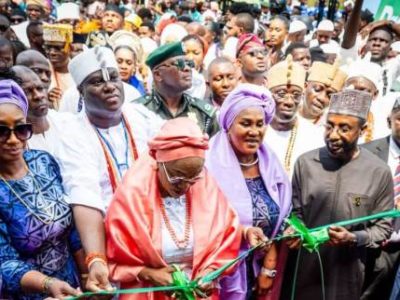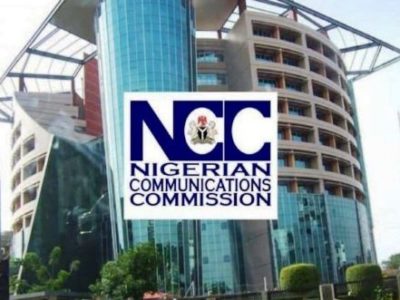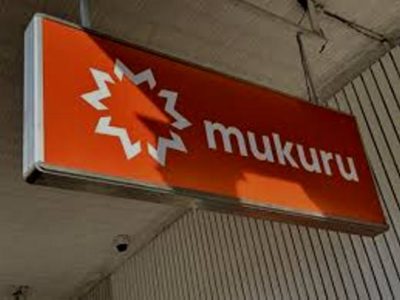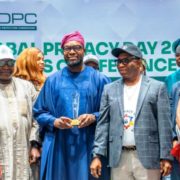By Nana Theresa Timothy
Beta Computers, a certified Nigerian OEM, has petitioned the Ministry of Communications, Innovation and Digital Economy over alleged deployment of counterfeit SPEEDSTAR PCs. The petition claims contractors supplied these counterfeit devices on projects supervised by the National Information Technology Development Agency (NITDA).
NITDA has faulted the allegation. The government IT agency affirmed its commitment to transparency, accountability and growth of the sector.
The company is a founding member and trustee of the Certified Computer Manufacturers of Nigeria (CCMON). Beta is among the indigenous OEMs licensed by the Federal Government to produce made-in-Nigeria computers. It has consistently supported NITDA’s push for local content adoption in the nation’s ICT industry.
In a petition dated April 3, 2025, Mr. Will Anyaegbunam, speaking on behalf of Beta Computers, alleged that the Presidential Executive Orders on patronage of Nigerian-made PCs were being undermined by “illegal activities of some contractors” supplying fake SPEEDSTAR computers.
Call for Accountability and Transparency
The petition urged NITDA to disclose the identity of the contractor accused of distributing counterfeit PCs to a public institution. It also want NITDA to provide details of other institutions where the same contractor claimed to have supplied the devices. According to Beta Computers, this would enable verification and protect the integrity of the government’s local content policy.
Anyaegbunam noted that industry stakeholders encouraged Beta Computers to escalate the matter, given the ministry’s credibility under its current leadership.
NITDA Denies Shielding Contractors
NITDA has publicly denied allegations of collusion or shielding contractors involved in counterfeiting. The agency stated it had requested Beta Computers to provide verifiable evidence to enable proper investigation.
In a detailed response dated July 29, 2025, NITDA clarified that:
- On Counterfeit SPEEDSTAR PCs – The agency does not endorse specific brands during procurement but only provides technical specifications. Contractors are solely responsible for ensuring their products meet these standards. Any intellectual property violation remains the supplier’s legal liability.
- On Alleged Collusion with Contractors – NITDA stressed its zero-tolerance stance on corruption. But noted that no documentary or testimonial evidence was submitted with the petition. Without credible proof, the claims are regarded as speculative.
- On Accountability in Supervised Projects – The agency emphasized that it complies with procurement laws. NITDA has no legal or factual responsibility for counterfeit products supplied by contractors.
Strengthening Local Content and Digital Sovereignty
Beyond the controversy, NITDA reaffirmed its commitment to promoting local content through its Guidelines on Nigerian Content Development in ICT. The agency enforces that at least 50% of ICT services in Nigeria must be locally sourced, mandates the use of .ng domains, and prioritizes indigenous suppliers.
Additionally, government IT contracts are restricted to firms with a minimum of 51% Nigerian ownership, aligning with the Renewed Hope Nigeria First Policy approved in May 2025. This national framework prioritizes Nigerian-made goods, requires waivers for foreign procurement only when no local alternatives exist, and mandates technology transfer in foreign contracts.
Building Local Digital Capacity
Through the Office for Nigerian Digital Innovation (ONDI), NITDA is also driving capacity-building programs that include training public servants, supporting startups and SMEs, and fostering digital talent pipelines. These initiatives are designed to strengthen Nigeria’s digital economy, enhance competitiveness, and position the country as a leader in Africa’s tech ecosystem.






























